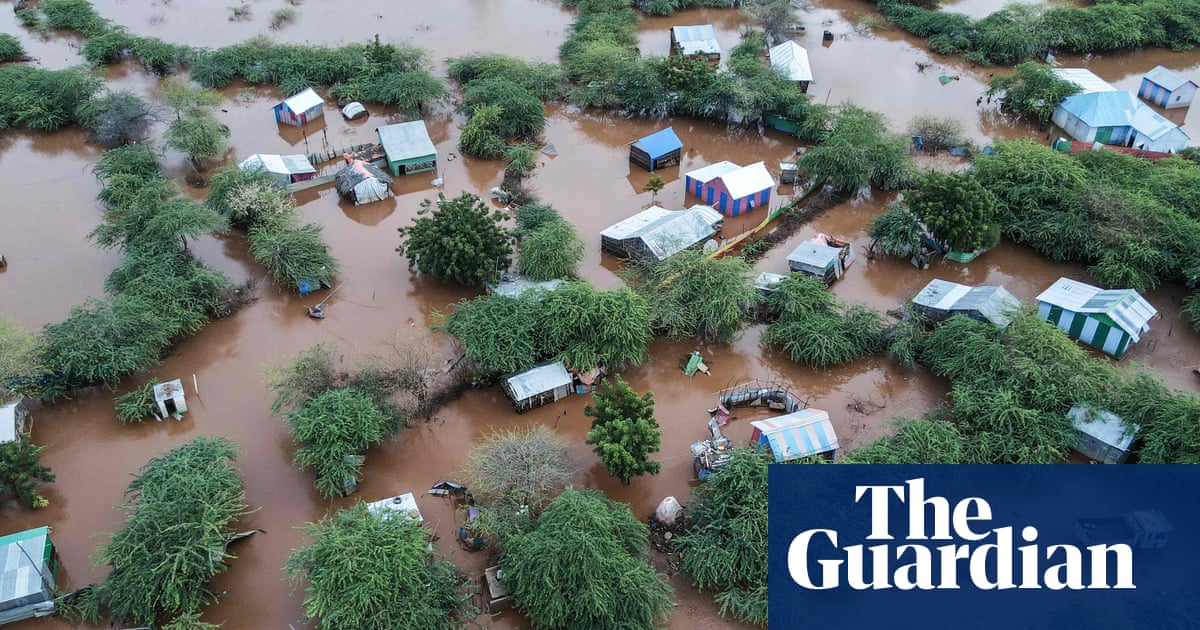The world’s wealthiest 10% are responsible for two-thirds of global heating since 1990, driving droughts and heatwaves in the poorest parts of the world, according to a study.
While researchers have previously shown that higher income groups emit disproportionately large amounts of greenhouse gases, the latest survey is the first to try to pin down how that inequality translates into responsibility for climate breakdown. It offers a powerful argument for climate finance and wealth taxes by attempting to give an evidential basis for how many people in the developed world – including more than 50% of full-time employees in the UK – bear a heightened responsibility for the climate disasters affecting people who can least afford it.
“Our study shows that extreme climate impacts are not just the result of abstract global emissions; instead we can directly link them to our lifestyle and investment choices, which in turn are linked to wealth,”said Sarah Schöngart, a climate modelling analyst and the study’s lead author.
“We found that wealthy emitters play a major role in driving climate extremes, which provides strong support for climate policies that target the reduction of their emissions.”
It has been clearly established that wealthier individuals, through their consumption and investments, create more carbon emissions, while poorer countries located near the equator bear the brunt of the resulting extreme weather and rising temperatures.
The new research attempts to specifically quantify how much that inequality in emissions feeds into climate breakdown. To produce their analysis, the researchers fed wealth-based greenhouse gas emissions inequality assessments into climate modelling frameworks, allowing them to systematically attribute the changes in global temperatures and the frequency of extreme weather events that have taken place between 1990 and 2019.
By subtracting the emissions of the wealthiest 10%, 1% and 0.1%, they modelled the changes to the climate and frequency of extreme weather events that would have taken place without them. By comparing those with the changes that have occurred, they believed they would be able to calculate their responsibility for the crisis the world finds itself in today.
In 2020, the global mean temperature was 0.61C higher than 1990. The researchers found that about 65% of that increase could be attributed to emissions from the global richest 10%, a group they defined as including all those earning more than €42,980 (£36,472) a year. That includes all those on the UK median salary for full-time employees, which is £37,430.
Wealthier groups bore more disproportionate responsibility still, with the richest 1% – those with annual incomes of €147,200 – responsible for 20% of global heating, and the richest 0.1% – the 800,000 or so people in the world raking in more than €537,770 – responsible for 8%.
“We found that the wealthiest 10% contributed 6.5 times more to global warming than the average, with the top 1% and 0.1% contributing 20 and 76 times more, respectively,” the write in their paper, published on Wednesday in the journal Nature Climate Change.
Co-author Carl-Friedrich Schleussner, said: “If everyone had emitted like the bottom 50% of the global population, the world would have seen minimal additional warming since 1990.” On the other hand, if the whole world population had emitted as the top 10%, 1% or 0.1% had, the temperature increase would have been 2.9C, 6.7C or a completely unsurvivable 12.2C.
Sign up toDown to Earth
The planet's most important stories. Get all the week's environment news - the good, the bad and the essential
after newsletter promotion
The researchers said they hoped the analysis would inform policy interventions that recognise the unequal contributions to climate breakdown made by the world’s wealthiest, and foster social acceptance of climate action.
The research comes amid intense pushback from countries such as the US, and even cuts from the UK and other European countries, to providing finance for poorer countries to adapt to climate breakdown and mitigate its worst effects.
“This is not an academic discussion – it’s about the real impacts of the climate crisis today,” added Schleussner. “Climate action that doesn’t address the outsize responsibilities of the wealthiest members of society risks missing one of the most powerful levers we have to reduce future harm.”
